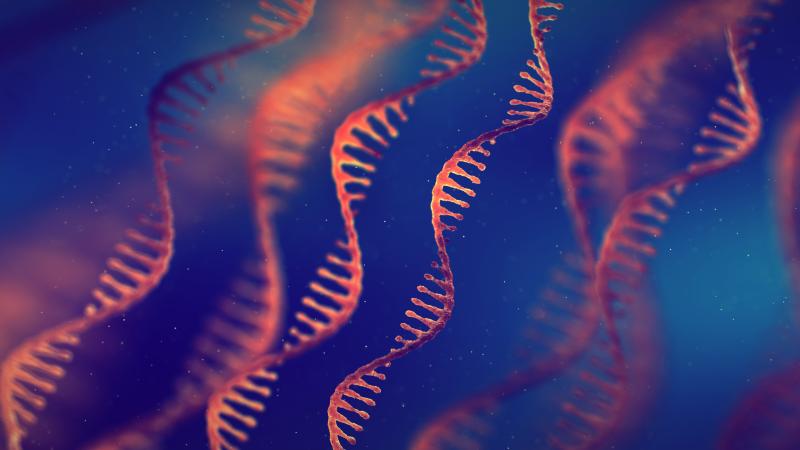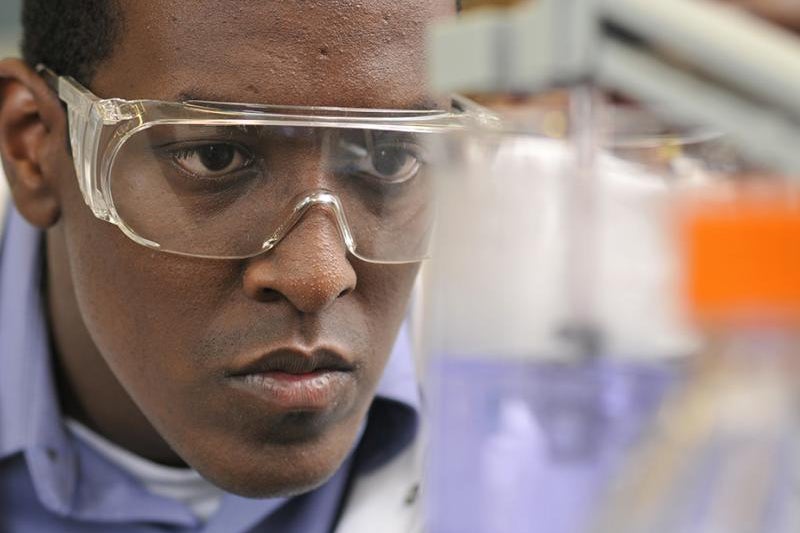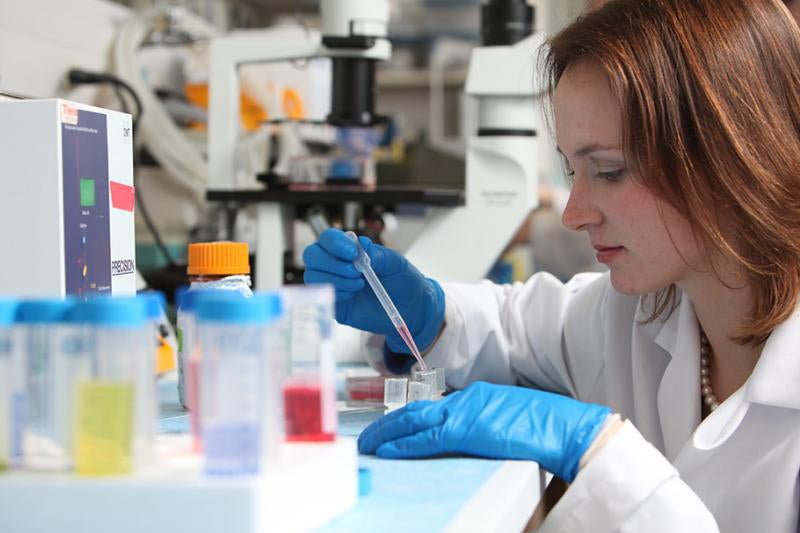The Howard P. Isermann Department of Chemical and Biological Engineering prepares students to enter their engineering practice dealing with chemical as well as physical processes to meet the challenges of the future. The curriculum, which builds on chemistry, biology, mathematics, basic sciences, and engineering science, culminates in professional applications in which theory is tempered by engineering art and economic principles. Through this curriculum, Chemical Engineering graduates are uniquely prepared to address some of societies most pressing problems including: climate change, energy security, sustainable resources, and healthcare.
Latest News
What is Chemical Engineering and Why Be a Chemical Engineer?
Chemical engineering is the art of transforming a curiosity into a commodity. Some examples include integrated circuits, polymers like Teflon, RNA vaccines, and hydrogels. There is not a material made, a watt of power generated, an ounce of drinking water produced, an IC fabricated, a crop sown, or a medicine produced that chemical engineers do not have a hand in.







